Last month of December AquaVitae partner Empresa Brasileira de Pesquisa Agropecuaria (EmBraPa) organised the kick off meeting of the case study on freshwater finfish. Located in Palmas (Brazil), between the Amazon rainforest and the savanna, the meeting was focused on the aquaculture of tropical fish species tambaqui and pirarucu. Challenges in the reproduction of these two species were tackled by 26 participants, with representatives of the aquaculture companies Piscicultura Raça, Fazenda SãoPaulo and Fazenda Hidrobios, together with researchers from Brazilian EmBraPa, Universidade Estadual Paulista Julio de Mesquita Filho (UNESP) and Norwegian center Nofima.
The meeting grouped for the first time this specific AquaVitae participants, specialists in finfish reproduction, with key producers of tambaqui and pirarucu from Brazil. Taking the opportunity, the meeting was followed by a hands-on-work conduction of two pilot experiments, when the real challenges for the production of triploid tambaqui and to reproduce pirarucu were buckled down. This was a key first step to pave the way into a series of experiments discussed to advance reproduction protocols for these two freshwater species. The experience was unique, with a promising long term collaboration among this research group.
Brazilian freshwater tropical species
Pirarucu (Arapaima gigas) is a new candidate species for aquaculture development in Brazil. This giant fish can grow up to 3 meters and has the ability to adapt to different systems: from net cages to circular tanks. With wild stocks severely menaced by illegal fisheries, aquaculture could be an opportunity curb this threat and provide communities in the area with a new source of income. However, reproduction in farms remains a challenge. Currently, separation of pairs in earthen ponds is made without information on the fish gender or the stage of maturity. Also, there is no hormonal protocol to stimulate maturation and enavle the collection of gametes for artificial fertilization and reliable production of offsprings in the species. AquaVitae work will be focus on developing protocols to facilitate the reproduction of pirarucu.
Tambaqui (Colossoma macropomum) is the second most produced fish species in Brazil with 137,000 tons in 2016. The main challenges for this species are the presence of intermuscular bones, which hinders filleting and, therefore, marketing of the fish. Also, there are risks of accidental escapes of captive fish into local rivers, which could compromise the genetic diversity of natural stocks. AquaVitae will try to tackle the presence of bones with selective breeding, while the production of sterile fish could protect natural populations from the introduction of captive individuals, restrict the genetic improved material belonging to breeding programs and possibly deliver bigger individuals for the production sector (what shuld be investigated once a protocol for triploid production be developed and validated).
Experience based knowledge
The daily work with pirarucu has allowed farmers to observe certain conditions that might influence their reproduction both in the wild and captive conditions. For instance, it has been suggested during the meeting that shallow and warm waters might induce reproduction of piracuru pairs isolated in earth ponds. Sharing this experience-based knowledge with researchers will speed up research by providing realistic hypothesis and feedback on the other factors that currently affect the reproduction of pirarucu in captivity, such as the environmental regulation.
During the meeting researchers and producers also explored the possibilities to start the exchange of genetic material, which would enhance broodstocks as well and the banks of fish material, and the possibility of driving some AquaVitae experiments in the farms.
AquaVitae is funded by Horizon 2020 program of the European Union. The project joins 36 research and industry partners across 16 countries, with interests in the resources associated with the Atlantic basin. It is running from 2019 to 2023.





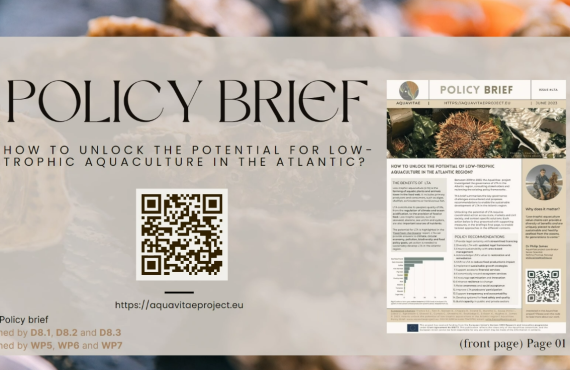



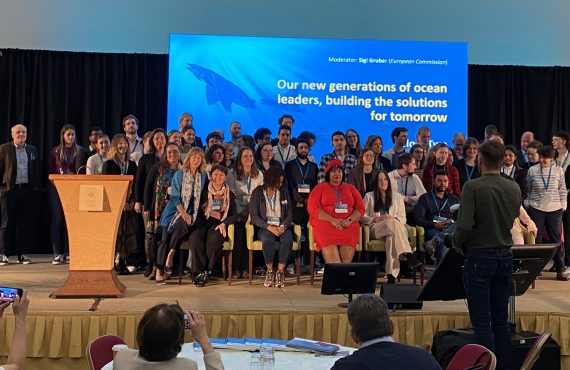





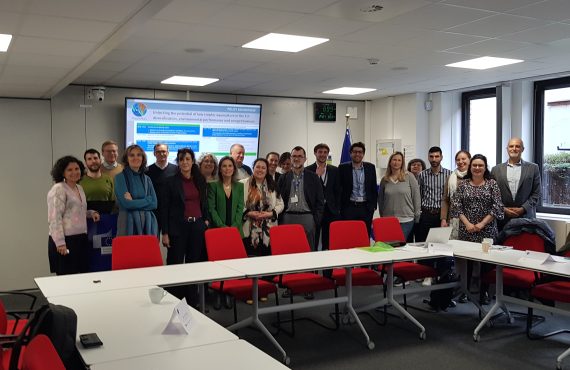


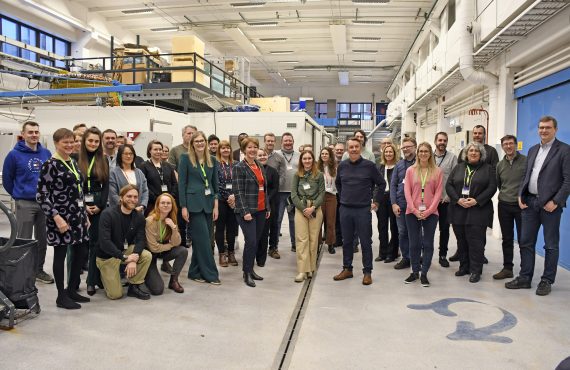



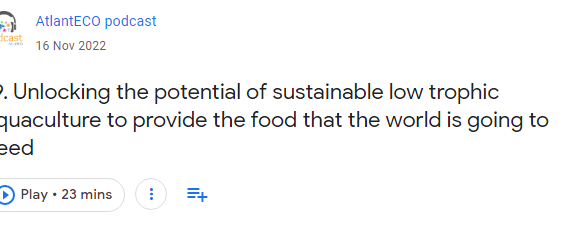
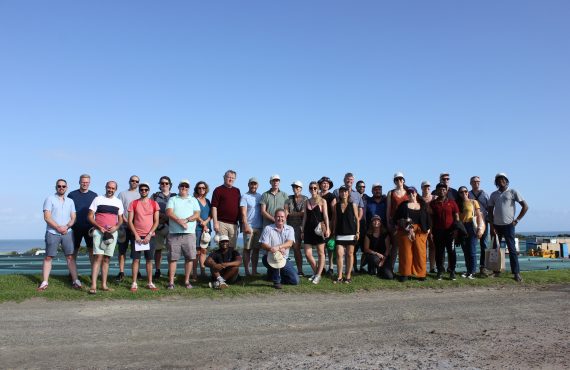
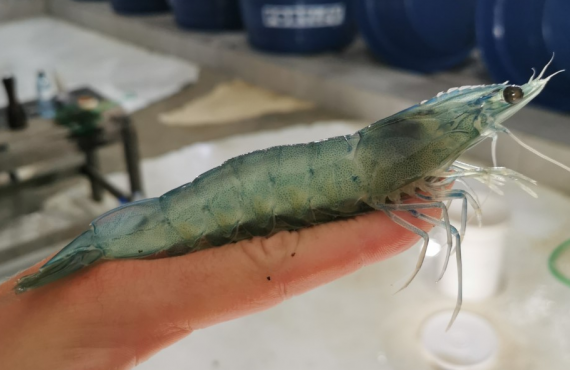



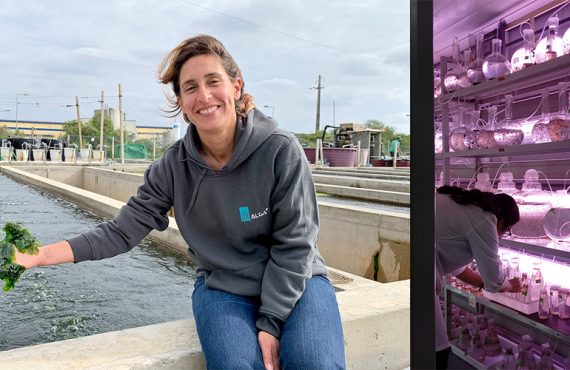




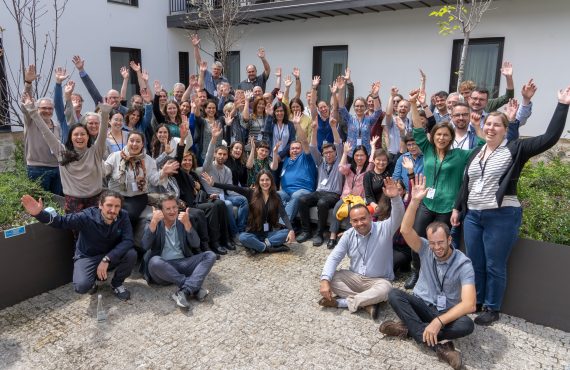



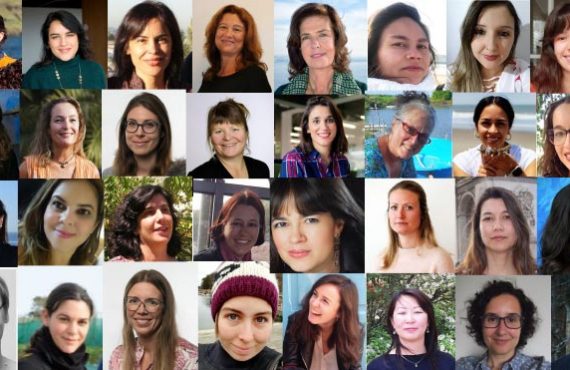
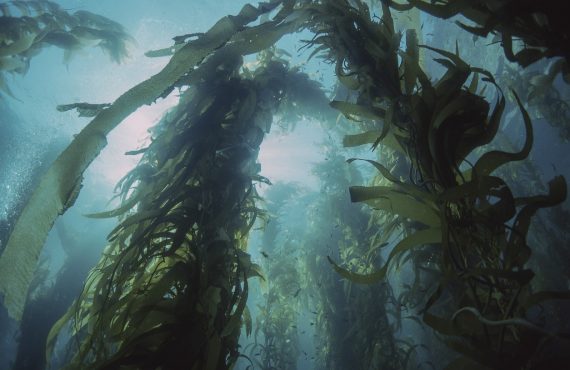


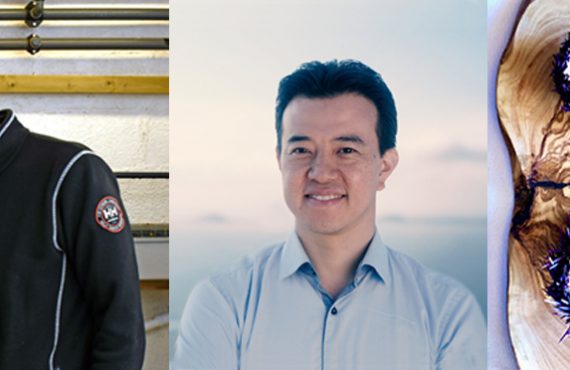





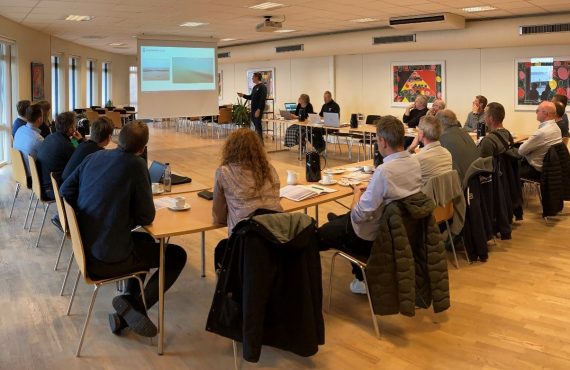
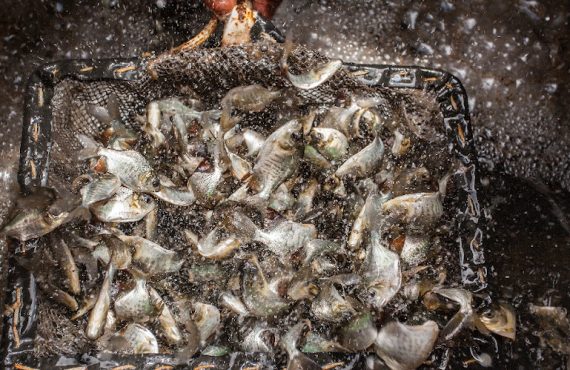

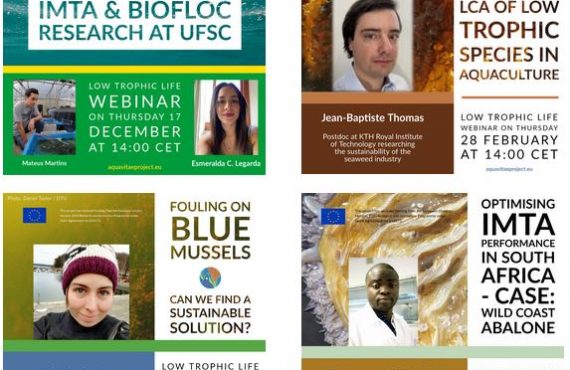
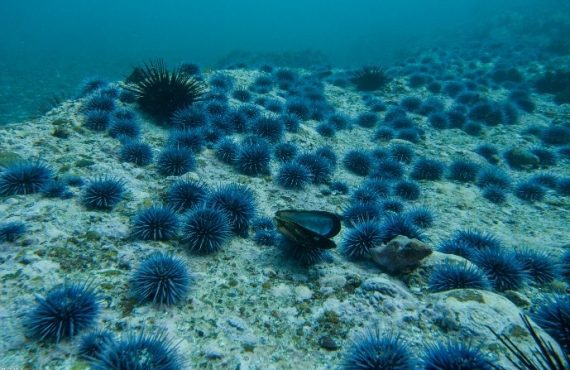


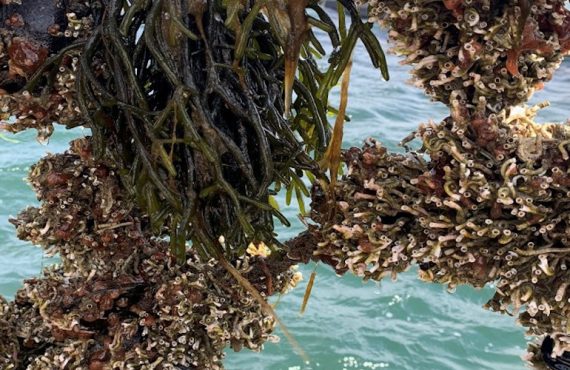
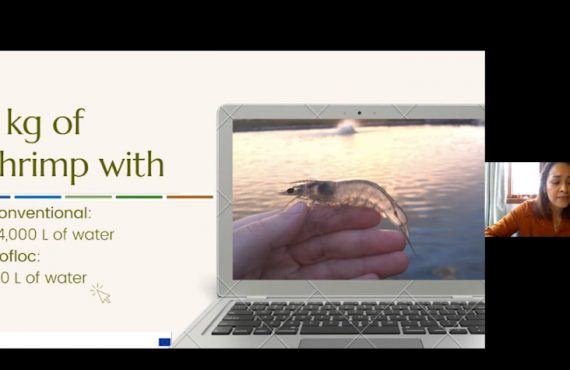



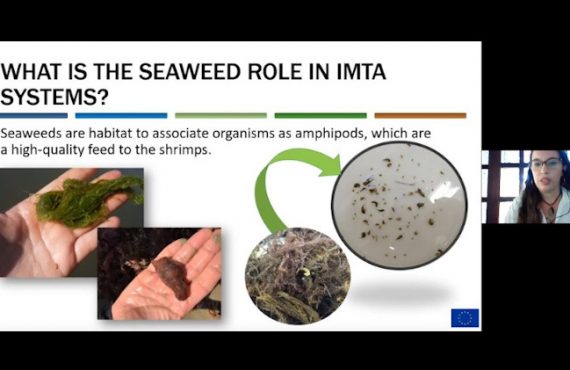







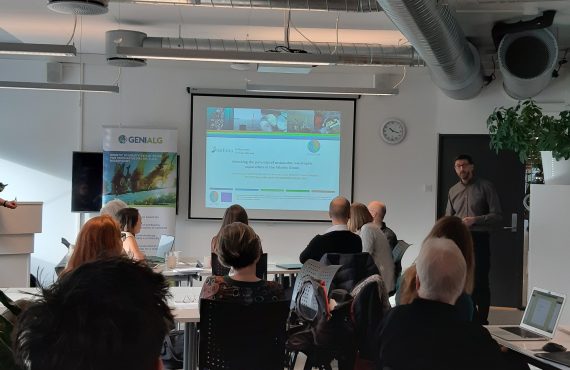





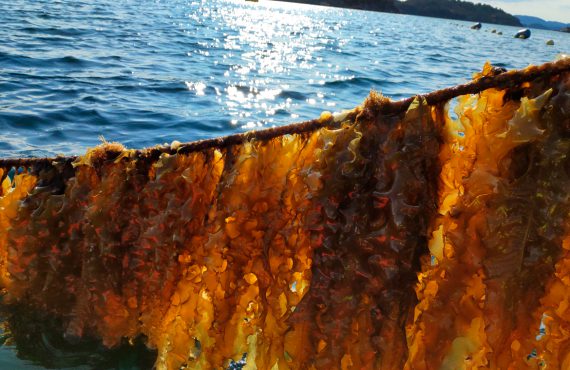

No comments yet.